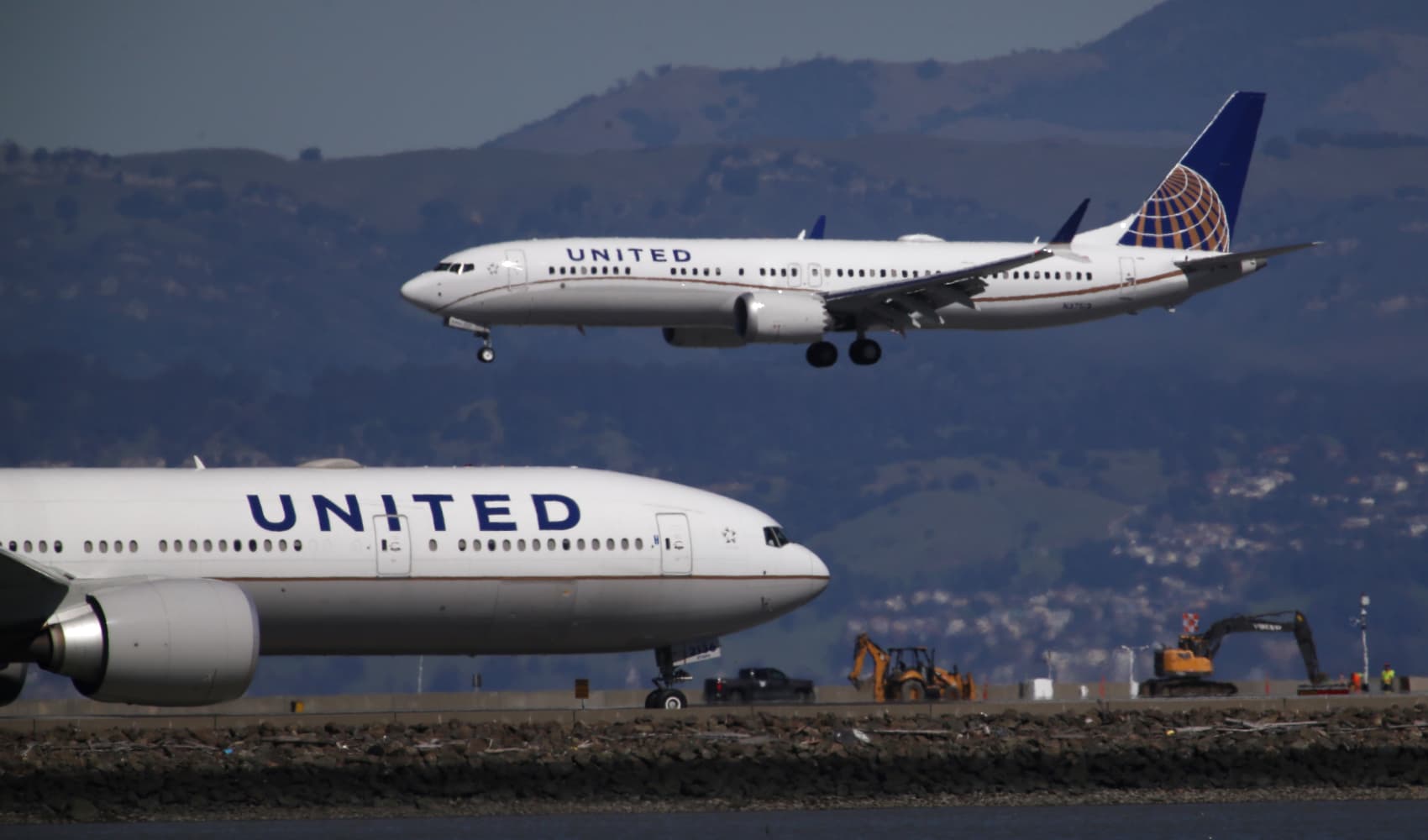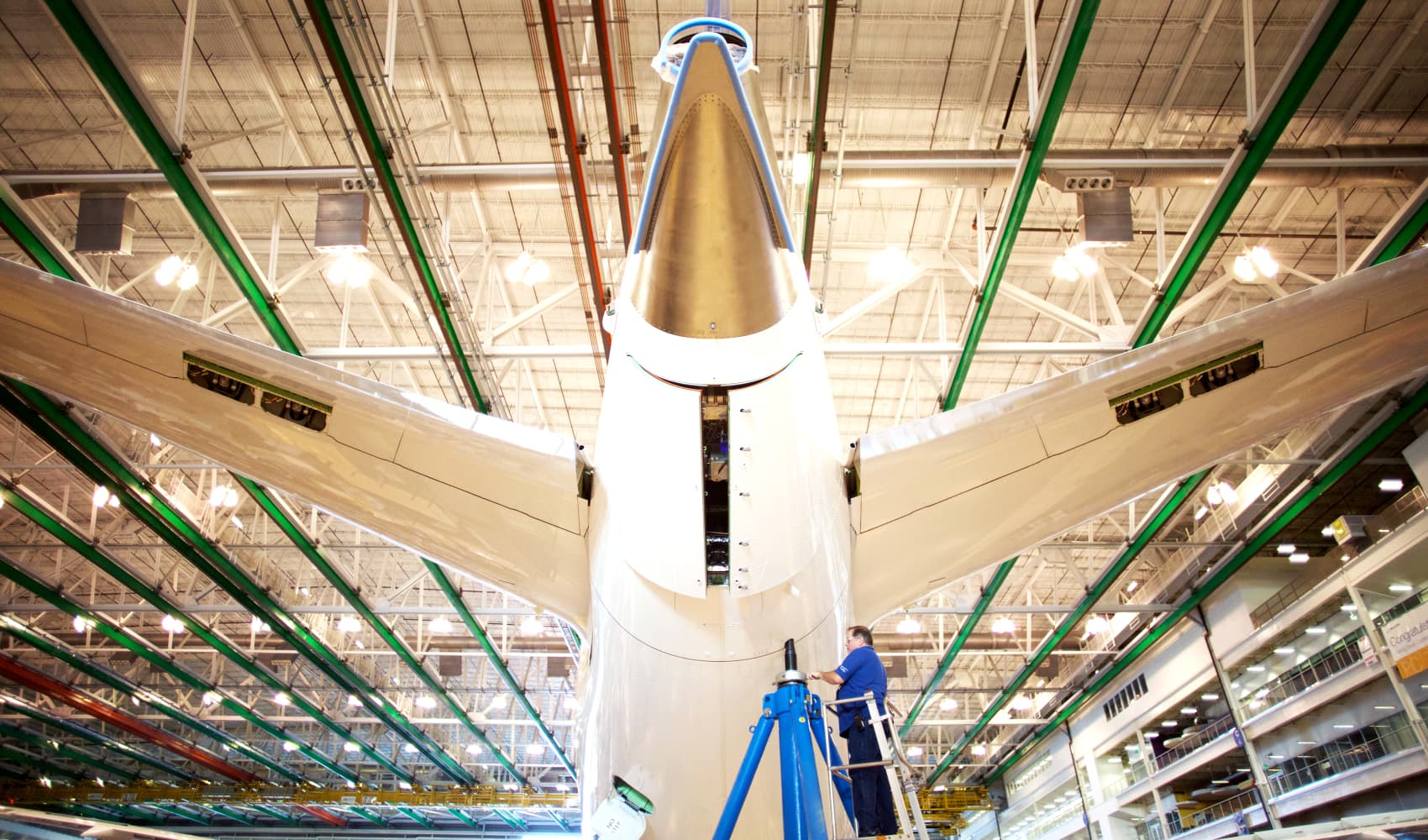Boeing was the subject of dual Senate hearings Wednesday as Congress examined allegations of major safety failures at the embattled aircraft manufacturer, which has been pushed into crisis mode since a door-plug panel blew off a 737 Max jetliner during an Alaska Airlines flight in January.
The Senate Commerce Committee heard from members of an expert panel that found serious flaws in Boeing's safety culture. Sen. Ted Cruz, R-Texas, said the public wants the Federal Aviation Administration and lawmakers to ensure that boarding one of the company's planes has not become more dangerous.
WATCH ANYTIME FOR FREE
Stream NBC10 Boston news for free, 24/7, wherever you are. |
"Flying commercial remains the safest way to travel, but understandably, recent incidents have left the flying public worried. The perception is things are getting worse,” Cruz said.
In a report issued in February, the expert panel said that despite improvements made after crashes of two Boeing Max jets killed 346 people, Boeing’s approach to safety remains flawed and employees who raise concerns could be subject to pressure and retaliation.
Get updates on what's happening in Boston to your inbox. Sign up for our News Headlines newsletter.
One of the witnesses, MIT aeronautics lecturer Javier de Luis, lost his sister when a Boeing 737 Max 8 crashed in Ethiopia in 2019. De Luis commented on the disconnect between Boeing management’s words about safety and what workers observe on the factory floor.
“They hear, ‘Safety is our number one priority,’" he said. “What they see is that’s only true as long as your production milestones are met, and at that point it’s ‘Push it out the door as fast as you can.’”
In talking to Boeing workers, de Luis said he heard “there was a very real fear of payback and retribution if you held your ground.”
A second Senate hearing Wednesday featured a Boeing engineer who testified that the company is taking shortcuts in assembling 787 Dreamliners that leaves sections of an aircraft's skin vulnerable to breaking apart.
“They are putting out defective airplanes,” the whistleblower, Sam Salehpour, told members of an investigative subcommittee of the Senate Homeland Security and Governmental Affairs Committee.
Sen. Richard Blumenthal, the Connecticut Democrat who chairs the subcommittee, and its senior Republican, Sen. Ron Johnson of Wisconsin, have asked Boeing for troves of documents going back six years. Blumenthal said at the start of the hearing that his panel planned to hold further hearings on the safety of Boeing's planes and expected Boeing CEO David Calhoun to appear for questioning.
Neither Calhoun nor any Boeing representatives attended Wednesday's hearings. A Boeing spokesperson said the company is cooperating with the lawmakers' inquiry and offered to provide documents and briefings.
The company says claims about the Dreamliner's structural integrity are false. Two Boeing engineering executives said this week that in both design testing and inspections of planes — some of them 12 years old — there were no findings of fatigue or cracking in the composite panels. They suggested that the material, formed from carbon fibers and resin, is nearly impervious to fatigue that is a constant worry with conventional aluminum fuselages.
The Boeing officials also dismissed another of Salehpour's allegations: that he saw factory workers jumping on sections of fuselage on another one of Boeing's largest passenger planes, the 777, to make them align.
Ed Pierson, a former Boeing manager who now directs an aviation-safety foundation, told Blumenthal's subcommittee that Boeing failed to improve safety after the two 737 Max crashes in 2018 and 2019. Pierson also alleged that federal agencies have become lazy in their oversight of the company and ignored problems until the January blowout that left a gaping hole in an Alaska Airlines 787 Max flying above Oregon.
The leaders of the Senate investigations subcommittee have also requested FAA documents about its oversight of Boeing.
Calhoun, the CEO who will step down at the end of the year, has said many times that Boeing is taking steps to improve its manufacturing quality and safety culture. He called the Alaska Airlines incident a “watershed moment" from which a better Boeing will emerge.
There is plenty of skepticism about comments like that.
“We need to look at what Boeing does, not just what it says it’s doing,” said Sen. Tammy Duckworth, D-Ill., a member of the Senate Commerce Committee, said before Wednesday's hearing.



